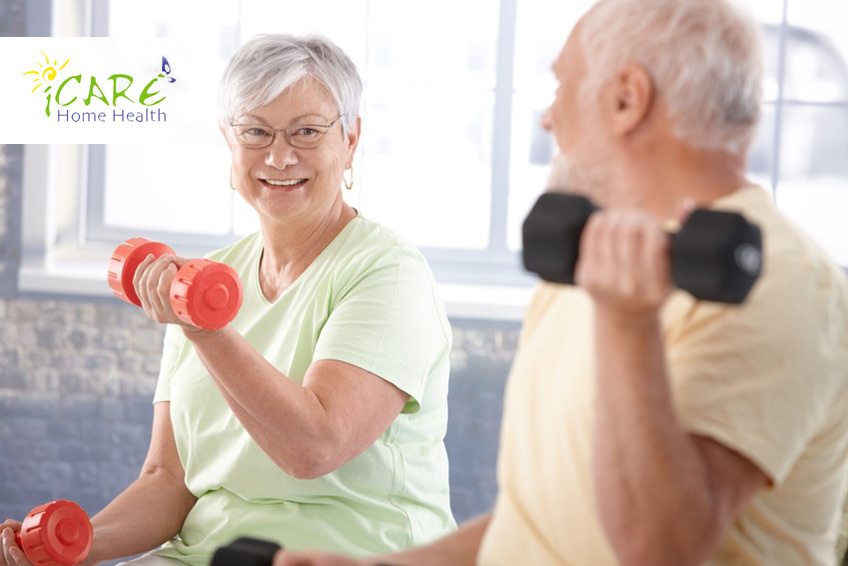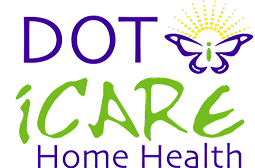Exercises That Seniors Can Do During Stroke Recovery

Strokes are very common among seniors. Most of the information you read online focuses on stroke awareness, such as risk factors that increase the odds of having a stroke or signs and symptoms to watch for. Of course, stroke awareness is a very important topic, but it is also necessary to provide information on what you can do after you’ve suffered a stroke to help with rehabilitation and recovery. Finding the right support, such as senior home care in your local area can be a huge part of a successful recovery.
For seniors who have had a stroke, recovery is often a difficult and slow-moving journey. The professional caregivers at iCare Home Health, can offer the support and guidance needed to help your senior loved one remain safe and comfortable while they recover in the comfort of their own home.
Using Exercise to Improve Flexibility and Mobility After a Stroke
There are many things that can help with stroke recovery. Ensuring a healthy diet and working to lower high blood pressure will support both recovery and prevention, but there are also certain exercises that will enable increased mobility after a stroke. Regaining mobility and flexibility will help improve both mental and physical wellbeing.
Stroke recovery exercises that can benefit the entire body include:
Eye Exercises
Because strokes affect the brain, they also commonly affect vision. Completing eye exercises will make eye muscles stronger, as well as improve blood flow and reduce eye strain. Simple exercises include rolling your eyes for a few seconds in each direction or following a pencil (or similar object) as you move it up and down and side to side.
Hand Exercises
When hand mobility and dexterity is affected by a stroke, using putty or other malleable solids can help seniors strengthen their hands and relearn basic skills. Ask your senior loved one to squeeze, pinch, and stretch the putty using a variety of fingers and thumb combinations. By increasing hand strength, everyday tasks such as eating, bathing, and dressing will become easier.
Core Exercises
Even mild strokes can have an effect on a person’s balance, which increases the risk of falling. Strengthening core muscles supports balance, and simple exercises like a seated balance exercise or a seated twist are great for seniors to incorporate into their stroke recovery.
Leg Exercises
Strong leg muscles will work hard to support the entire body and provide seniors with mobility and independence. There are many simple seated leg exercises that are appropriate for those recovering from a stroke, such as inner thigh squeezes, ankle circles or calf raises.
Arm Exercises
If arm motion has been significantly impaired, your loved one should try passive arm exercises that can be completed while sitting down. Shoulder rolls, overhead extensions, and bicep curls will help regain strength so that your loved one can tackle basic tasks like pouring a drink.
Improving Stroke Recovery
If you have a loved one living in the Milton or Burlington area that has had a stroke, senior home care can help them recover safely and quickly. When recovering from a stroke, seniors often need extensive assistance once they return home. Home health care professionals can help manage the challenges of stroke recovery, as well as help support a high quality of life and positive mental health.
Caring for a senior loved one can be challenging and overwhelming, but you don’t have to face it alone. Caregivers in the Milton, Burlington, and Oakville area can find support through iCare Home Health and access the help they need. Our team of trained and caring professionals provides high-quality senior home care through our wide range of services. Please call (905) 491-6941 learn more about our elderly care services and to set up a free assessment.

